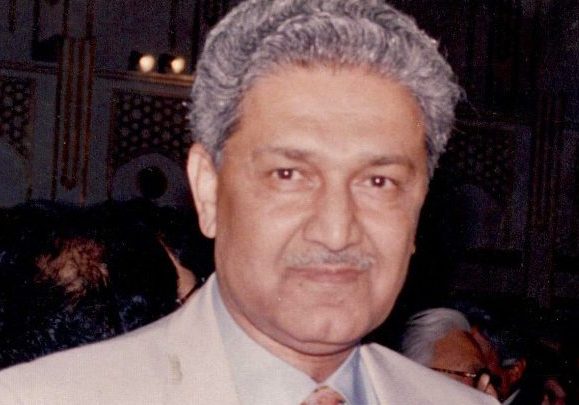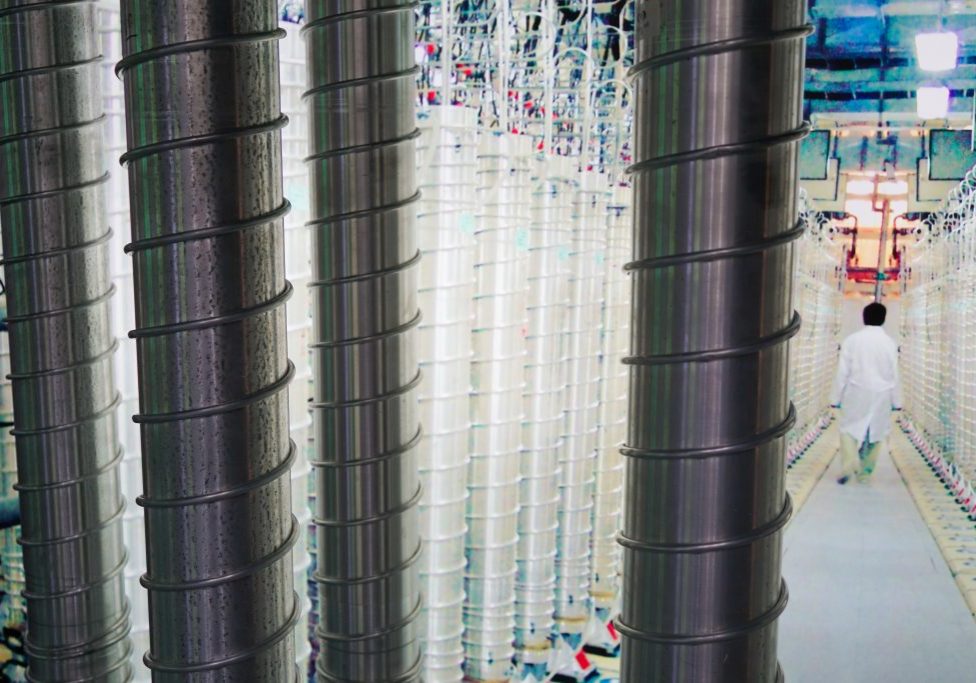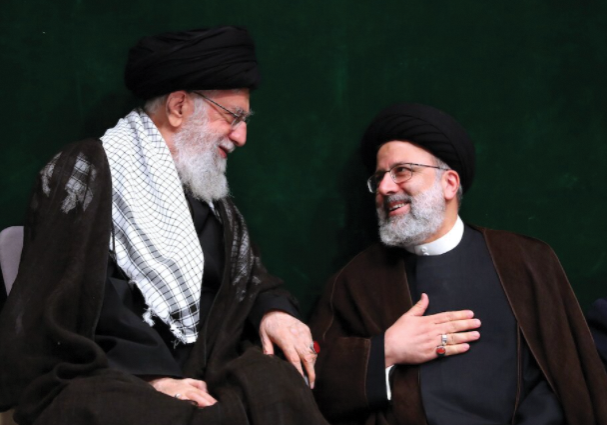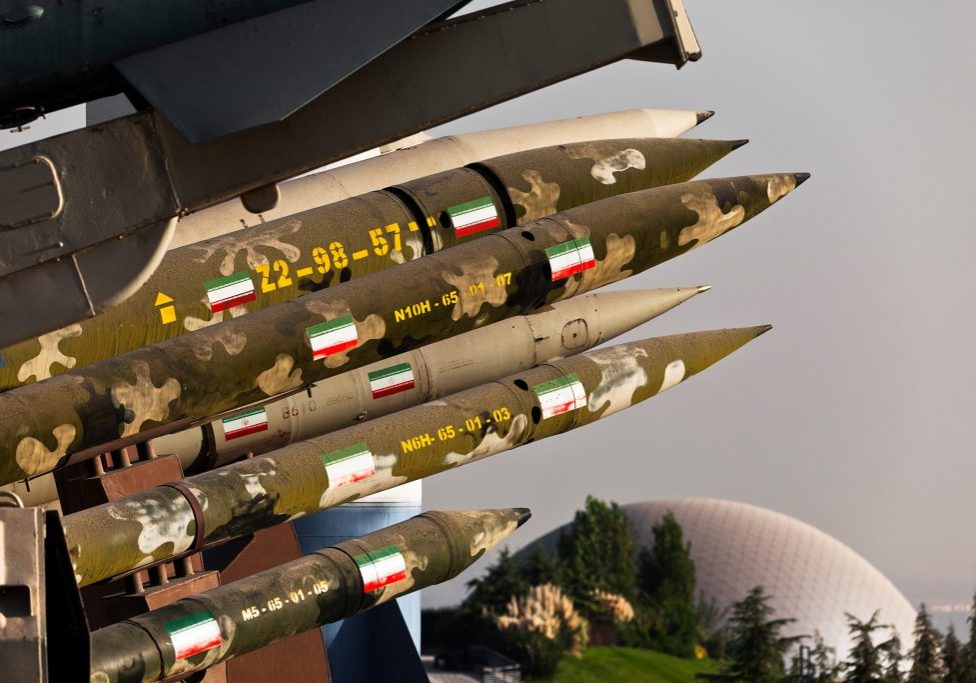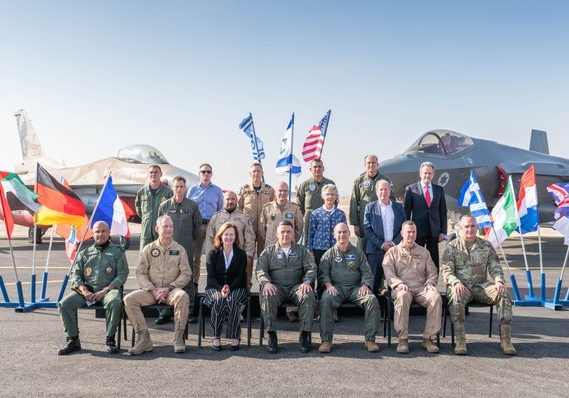Australia/Israel Review
Editorial: The Eleventh Hour
Nov 26, 2014 | Colin Rubenstein
Colin Rubenstein
As this edition of the Australia/Israel Review went to press, negotiations between the P5+1 and Iran over Iran’s nuclear program were continuing in Vienna ahead of a November 24 deadline, with little sign that a deal is imminent – certainly not one that would end the program altogether and dismantle Iran’s nuclear and ballistic missile infrastructure.
It is nearly impossible to overstate the seriousness of the situation. Analysts agree that if Iran were to succeed in simply attaining nuclear weapons capability – the point where it would have developed the technology and the essential infrastructure to create a bomb within a few weeks or months – it would have catastrophic consequences.
Iran’s neighbours would move to procure bombs of their own, proliferating weapons of mass destruction into one of the world’s most unstable regions.
Already a state sponsor of global terror, Iran would be emboldened and could act with greater impunity, using its nuclear threat as a shield, and aggressively pushing claims to regional hegemony, further destablising an already chaotic region.
Even Iran’s terror proxies, like Hezbollah and Islamic Jihad, would potentially be able to take advantage of such technology, making some nuclear terrorism scenarios seem plausible.
Overall, it’s a nightmare future that must be avoided at all costs, which is why US President Barack Obama – guiding the West’s negotiating strategy – has been facing growing pressure to stand by his repeated avowal that making “no deal is better than a bad deal”.
One of three things will happen over the coming weeks. The least likely is that talks will collapse without agreement. Most likely is that the talks will simply be extended along with the current interim arrangements agreed last year. This risks violating another promise made by President Obama – that negotiations with Iran would not be allowed to become “open-ended” while allowing Iran to perfect advanced centrifuge technology.
Somewhere in between these two options in terms of likelihood, is that some sort of actual agreement will be reached. However, according to reports, the sort of deal currently being contemplated is likely to be what most regional actors – not only Israel, but most Arab states – would regard as a “bad deal”.
This conclusion follows from Washington reports that there is no longer talk of pushing Iran to dismantle its nuclear infrastructure or open its secret weapons development facilities to inspection. Rather, Washington’s current goal appears to be an agreement that would legitimise Iran as a nuclear threshold state in exchange for a few concessions that would, in theory, somewhat extend the time it would take for Iran to assemble a bomb – provided Iran actually complies with the terms of the deal.
In practice, such a deal would almost certainly be fatally flawed because of its reliance on Iran’s compliance. Iran appears to have already violated various terms of the interim deal – for example by activating new IR5 centrifuges and refusing to cooperate with the International Atomic Energy Agency – without penalty. In fact, the entire history of Iran’s nuclear program is a string of broken promises and clandestine activity.
It must be further understood that in Iran, broken agreements are a common occurrence as a result of the way internal authority is divided in that country. (See analyst Michael Rubin on this point).
One of the excuses trotted out for not forcing Iran to dismantle its nuclear infrastructure is that it wouldn’t change the fact that Iran has developed the know-how to build a bomb from scratch. But, as non-proliferation expert Emily Landau recently pointed out, that argument can also be applied to chemical weapons (CW) – yet it didn’t stop the international community from forcing Syria’s Assad regime to surrender its extensive CW stocks and prevent Assad’s scientists from making more.
Following the leak of his recent letter to Iran’s Supreme Leader Ayatollah Ali Khamenei offering to partner on fighting the so-called Islamic State in exchange for nuclear compromise, it’s clear President Obama’s priority is to avoid angering Iran in the hope it can be reconciled on the basis of purported mutual interests.
Congress has never subscribed to this exercise in wishful thinking, and particularly after the Republican sweep of both houses this month is preparing to flex its muscles in order to pressure Obama to reconsider this risky strategy.
At the top of this agenda will be the bipartisan bill sponsored by Chairman of the Senate Committee on Foreign Relations Robert Menendez (D-NJ) and Mark Kirk (R-Ill.) which would restore and greatly strengthen sanctions on Iran if a deal is not reached and implemented that would “dismantle Iran’s illicit nuclear infrastructure”. Obama could veto, but Congress might be able to override this move.
However, it shouldn’t have to degenerate into such a showdown.
The truth is the US still has considerable sources of leverage: restoring existing sanctions; implementing new sanctions; and the credible threat of military action. Especially now, when an oil glut has developed in global energy markets, Iran would be particularly vulnerable to a strengthened embargo on its energy exports.
Making enemies into friends may sound like a clever idea, but when dealing with Iran – a perennial global sponsor of terror and an anti-Western regime at its ideological core – efforts along these lines are simply an invitation to exploit Western gullibility in order to complete its nuclear bomb project.
The most effective plan for stopping Iran’s illegal nuclear program is, not surprisingly, the one Iran hates the most: crippling sanctions in tandem with a credible military threat.
Even now, at the eleventh hour, President Obama and the P5+1 most likely still hold the leverage to convince, or if necessary, force Iran to permanently abandon its nuclear weapons program and avert a potential catastrophe of historic proportions. US friends and allies, in Canberra and elsewhere, need to urge Washington to effectively employ that leverage before it is too late.
Tags: International Security

